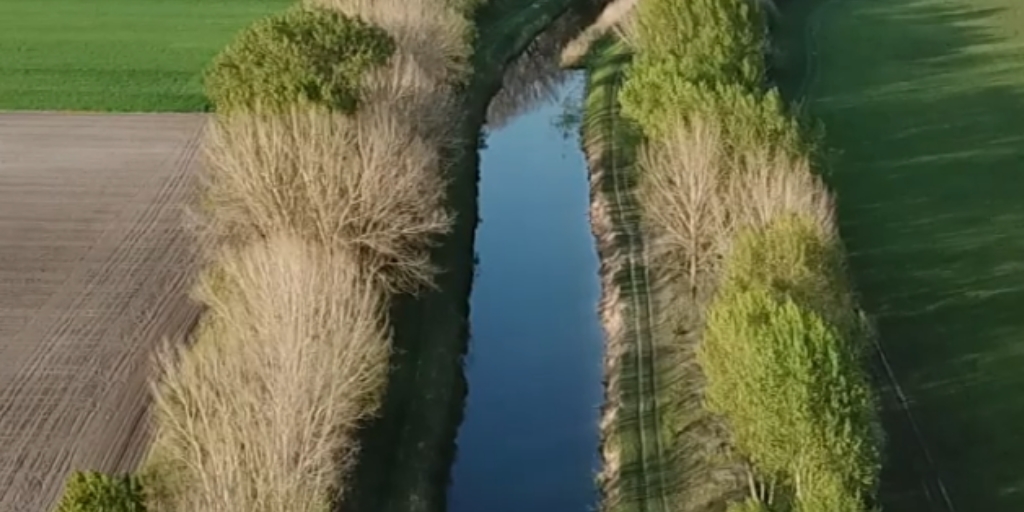
Date: 21 September 2023
This online webinar was organised by the National Society of Conservationists – Friends of the Earth Hungary.
In July, we released a short film on water retention in the Great Hungarian Plain. The people we interviewed said that attitudes toward land use in the water management and agricultural sectors must change. At our second webinar, expert contributors have discussed whether a fresh approach to land use is required and, if so, how this goal can be achieved.
Representative of a water infrastructure building company showed us a multi-purpose water infrastructure in the upper Tisza River that can provide water during drought and decrease water levels during floods while serving landscape-level water management purposes.
Scientific studies were shown by a researcher of the Budapest University of Technology and Economics about the deep floodplains in the Tisza River valley. These could be used to reduce flood risk and initiate land use change by turning them into grasslands.
An NGO representative delineated the existing initiatives of water-smart land uses and the alternatives to existing economic models and landscape management.
The expert of the National Chamber of Agriculture briefed the audience about CAP support schemes that help farmers retain water in their fields.
An hour-long discussion followed the presentations with dozens of questions from the audience. Experts have shown the audience several good projects where water retention has been implemented with the support of stakeholders. Different projects have different contexts and different stakeholders. Thus, landscape management requires different approaches. In one area, it became clear that lands need to become state property to implement good agricultural practices, while in another area, there is hope to have an agreement with farmers on land use change.
The issue of irrigation and dams (hydropower plants) have been raised and discussed as well. Experts agreed that irrigation cannot balance out the hydrological imbalance of the Tisza River valley. Instead, the groundwater table needs to be raised using the excess water of the floods. While the approach to damming differed to some extent, experts agreed that the costs of a dam would trump benefits and low-tech solutions yield greater returns.

